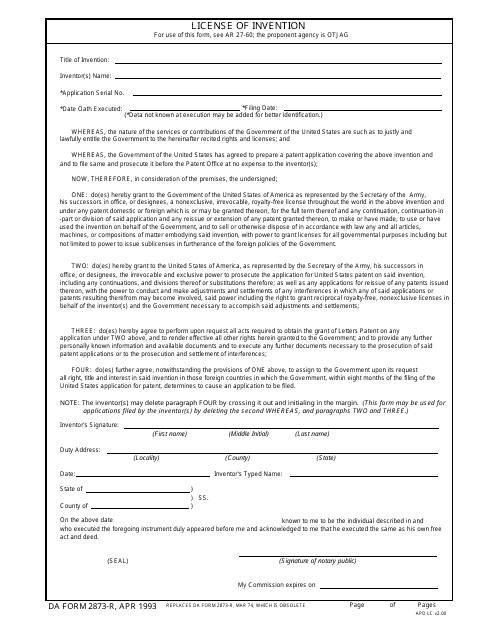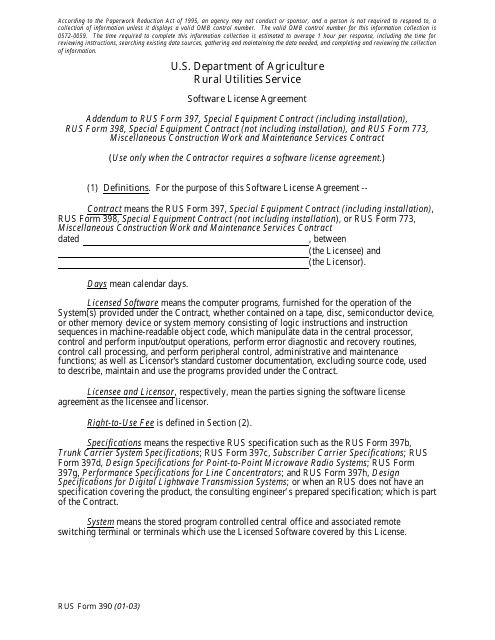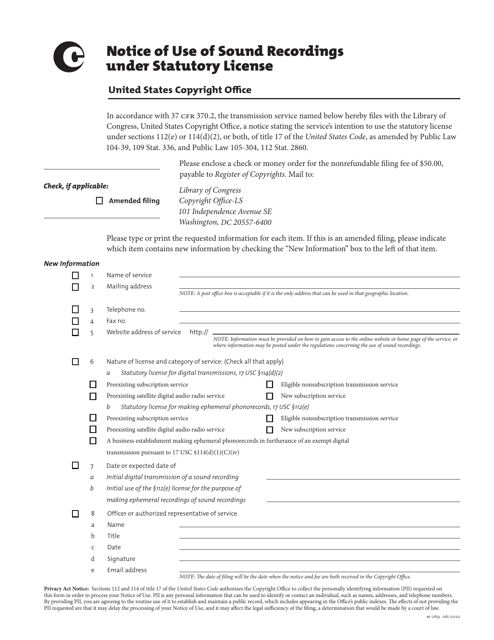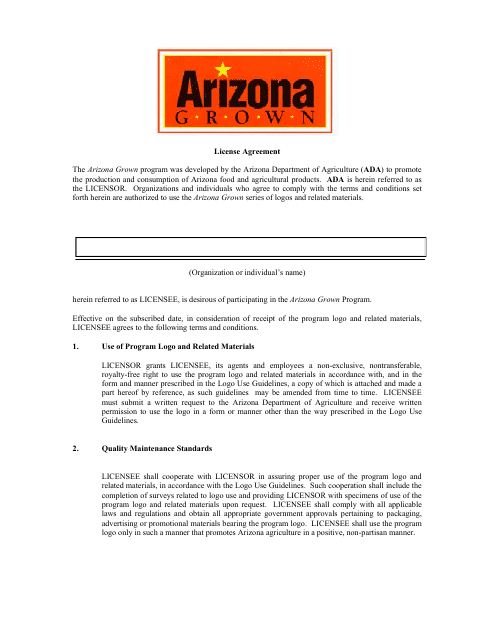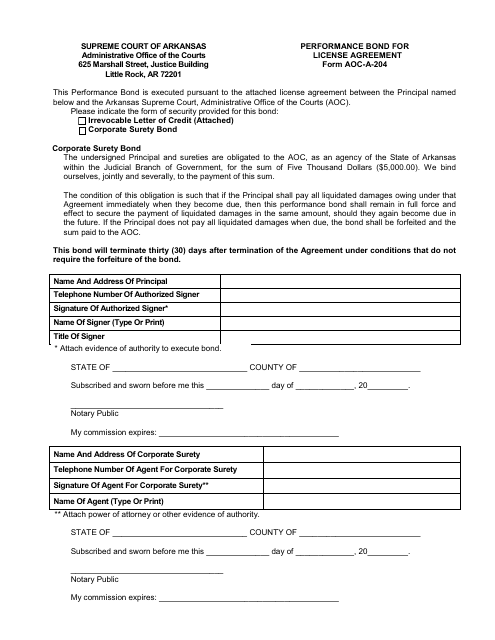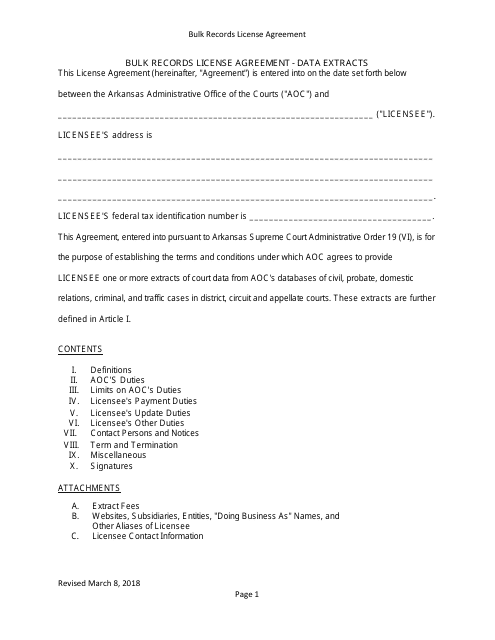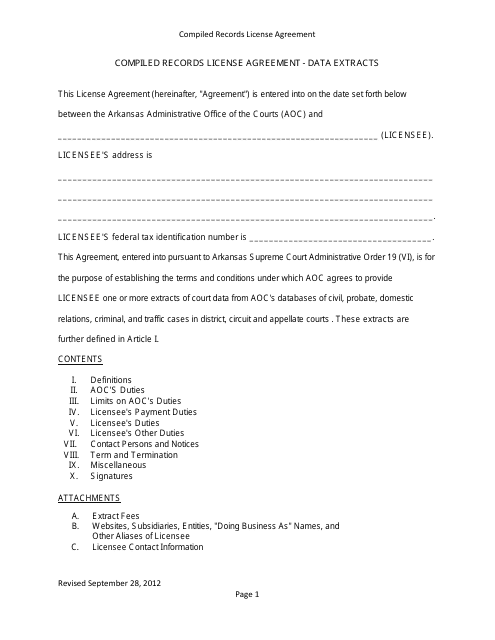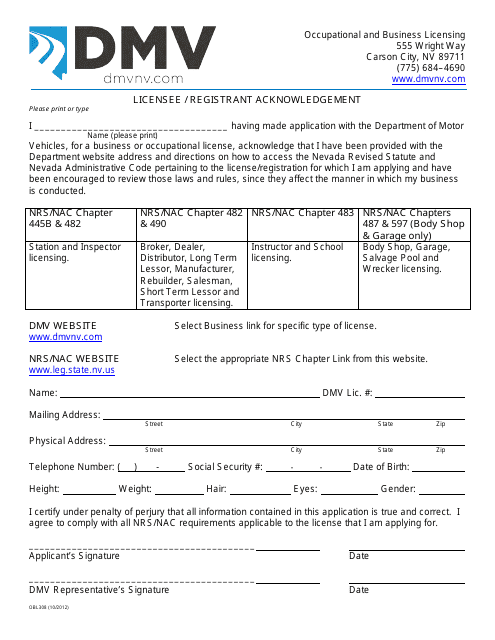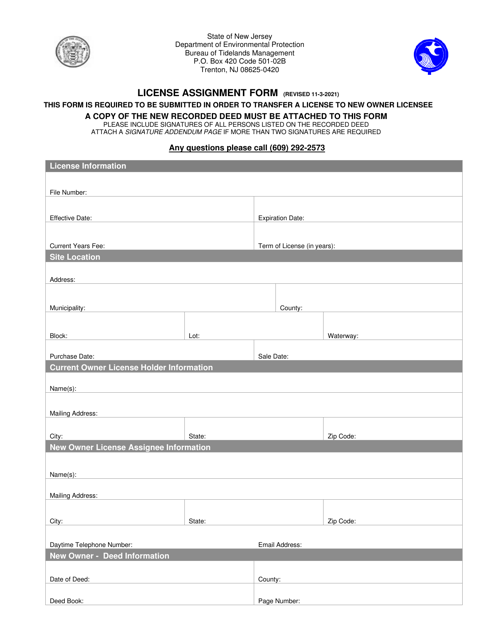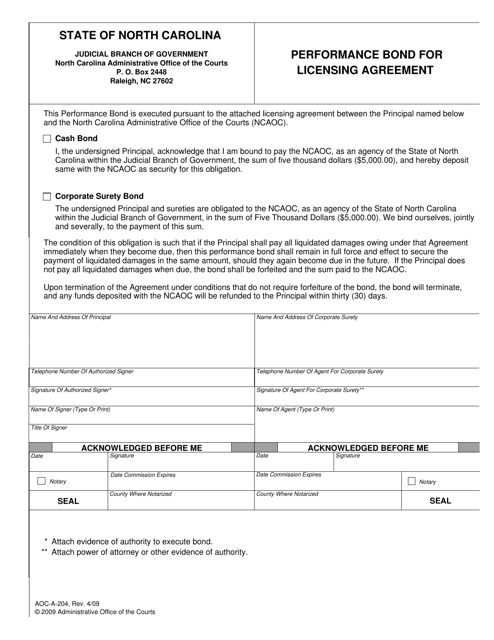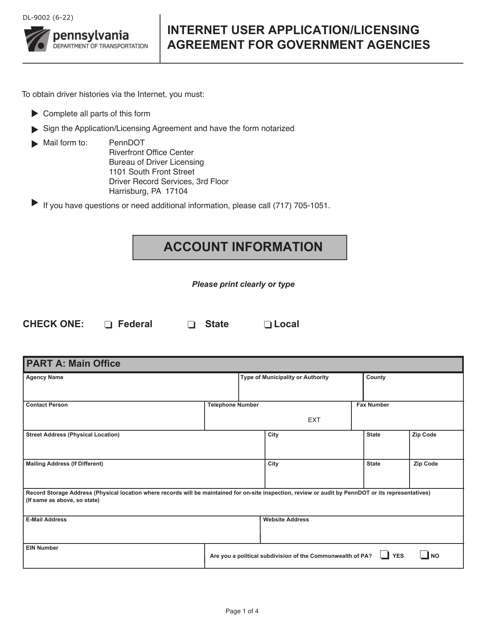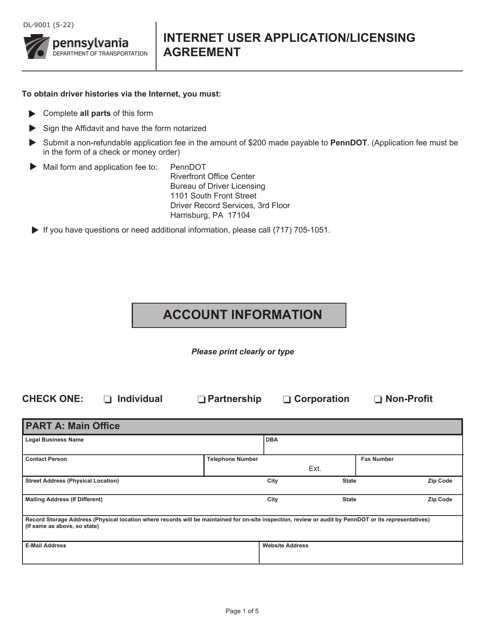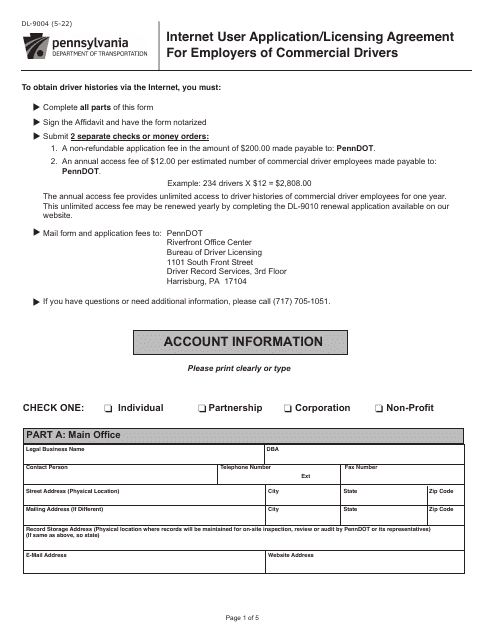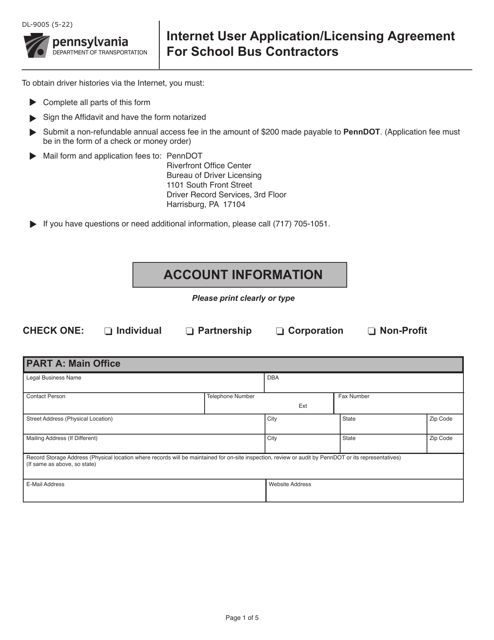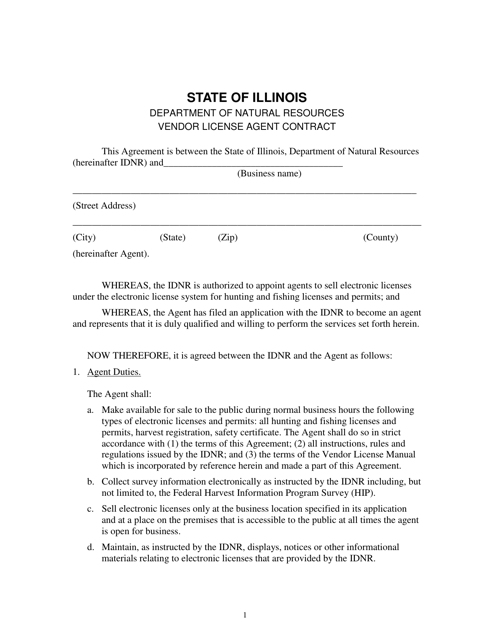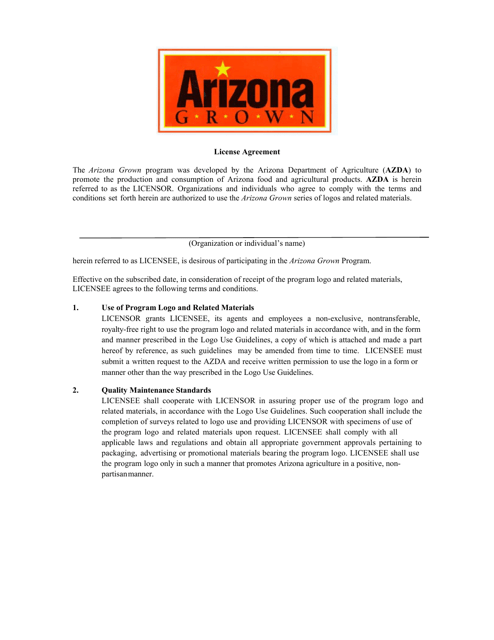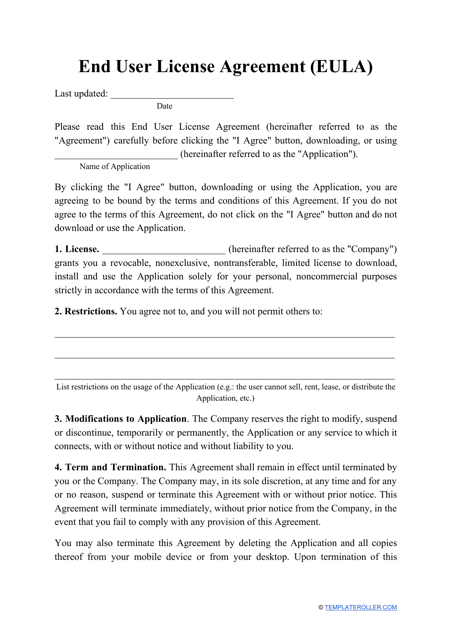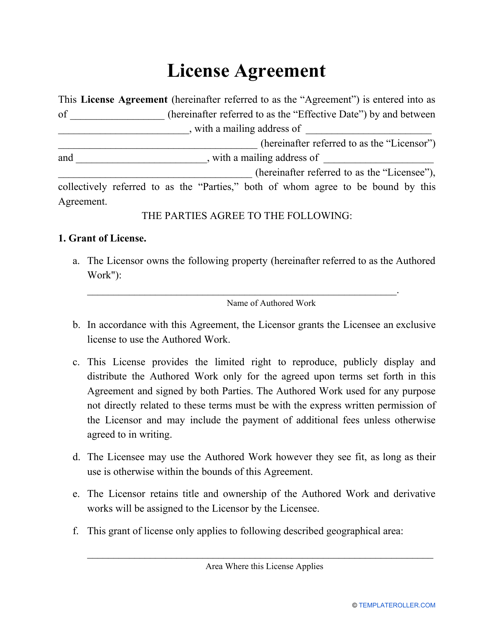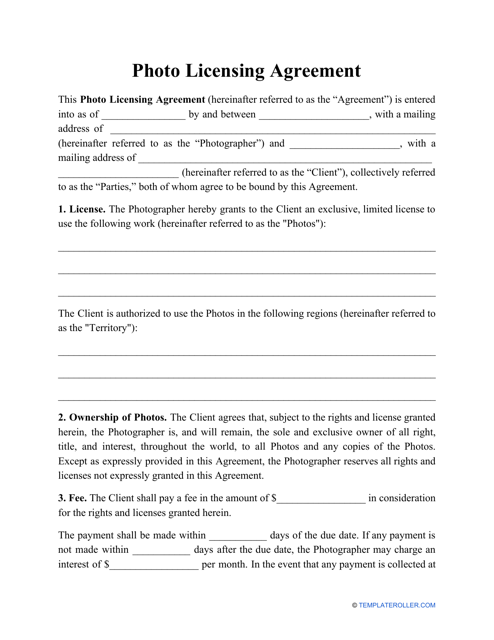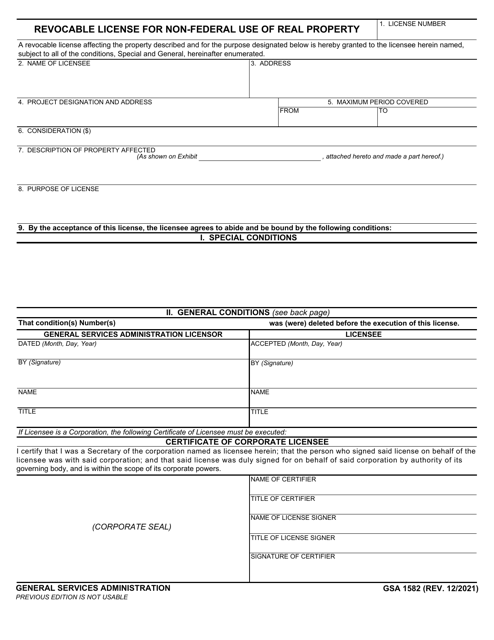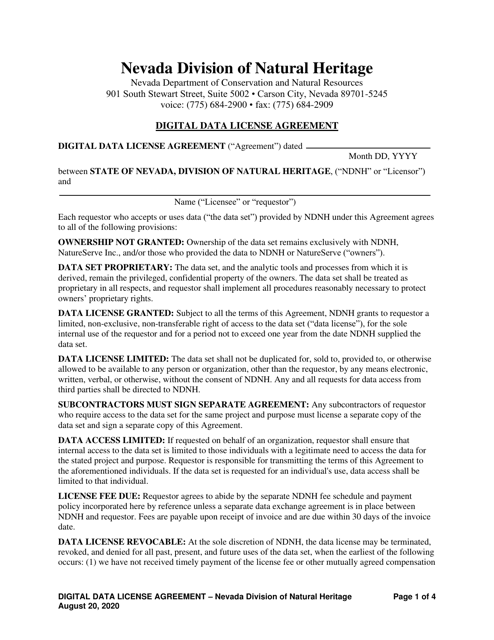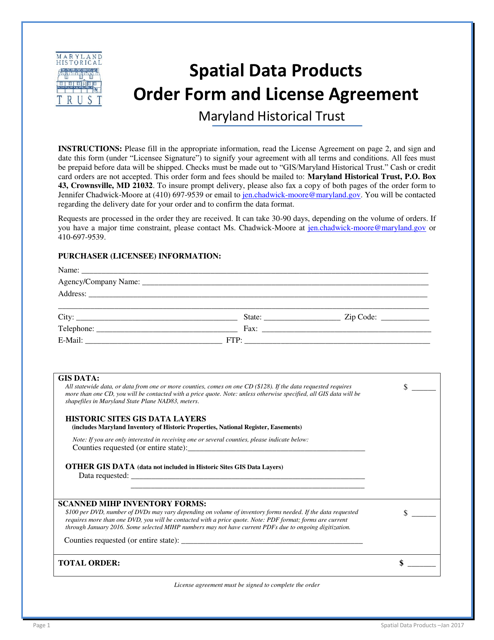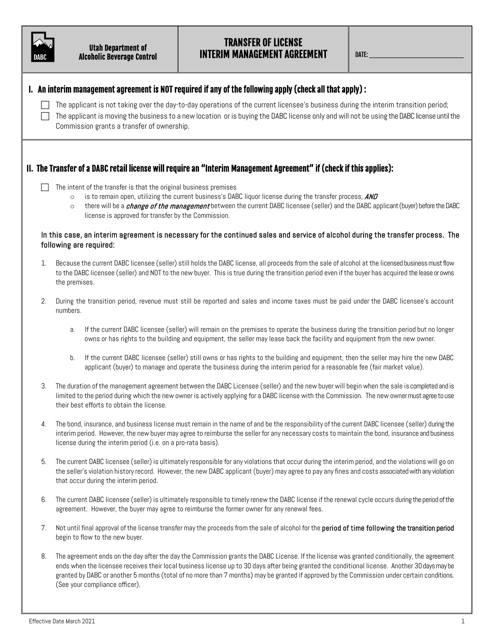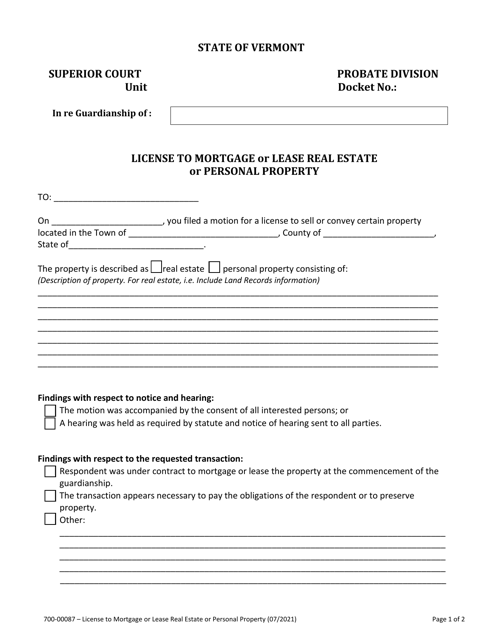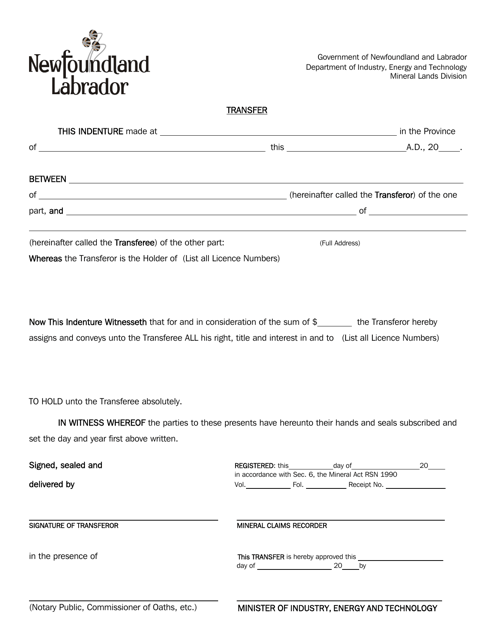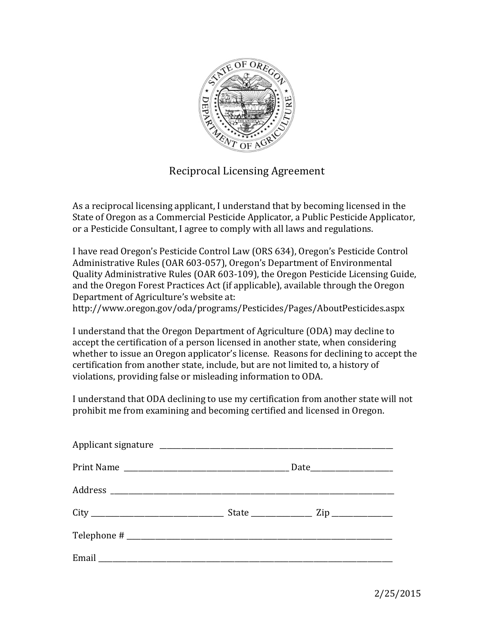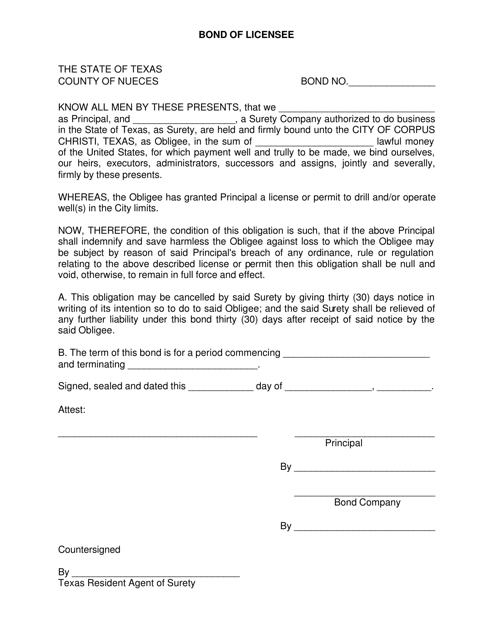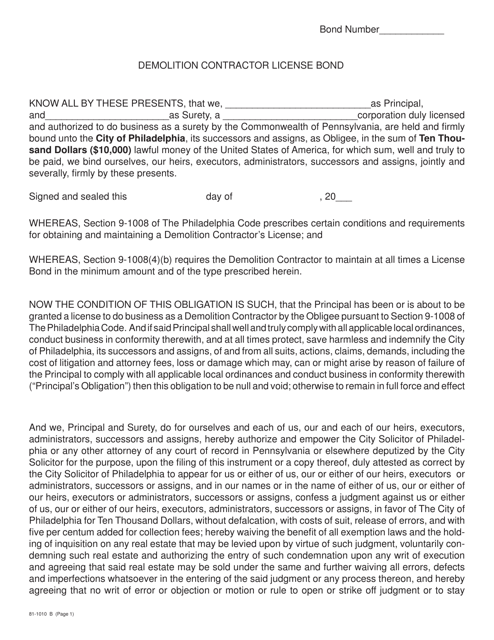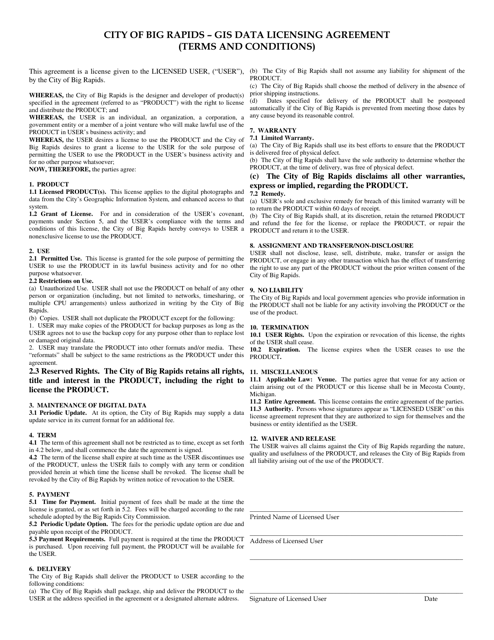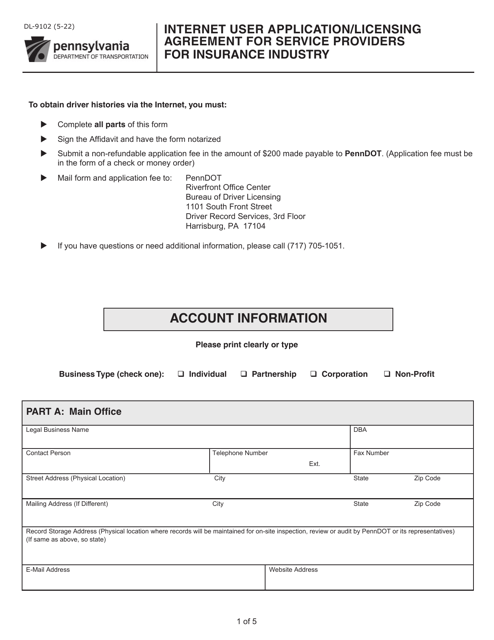Create a License Agreement Template
What Is a License Agreement?
A License Agreement is a written contract between the owner of a patent or invention, brand, or trademark and a person wishing to obtain the rights to use the patented or trademarked products or services. The license grants permission for the Licensee, which is contained in the agreement and has certain stipulations (parameters). The latter serve as guidelines to be followed.
Alternate Names:
- Licensing Agreement;
- Licensing Contract.
The party who owns the property is referred to as the Licensor and the party who is using the Licensor's property is called the Licensee. This type of agreement is different from an Intellectual Property Release, where the owner of the property gives up their rights for the property, does not receive continued compensation (royalty payments), in exchange for giving permission.
Licensing Contracts are used in almost every commercial domain these days. In other terms, any License Agreement takes place between the owner of some kind of intellectual property (a piece of art, an invention, or a written work) and an individual interested in getting permission to employ that property. Three of the most commonly used types include the following:
- General License Agreement. This contract grants the Licensee the right to produce and sell goods or provide services under the brand name or trademark owned by the Licensor.
- End-User License Agreement (EULA). This is a contract signed by an individual that purchases, downloads, or installs software which the Licensor owns.
- Photo Licensing Agreement. This document is signed by a photographer and an individual or company that wishes to license the use of the images. The agreement lets the original owner retain the copyright of their photos while giving the Licensee the legal right to use the images.
What to Include in a License Agreement?
Like any other contract, a Licensing Contract specifies details about the parties involved and outlines the terms and conditions of the license parameters, such as:
- The geographical area where the property may be utilized.
- Duration of usage granted to the parties.
- Quality of the work (e.g. format, size, pixels, etc.)
- Specification as to exclusivity or non-exclusivity of a certain arrangement.
- Possibility of a derivative work (modifications to the work).
- Scaling terms: it applies to the so-called royalty fees.
A royalty is a fee paid to the owner for the usage of their invention, asset, or property (e.g. patents, copyrighted works, franchises, or sometimes even natural resources). Royalties are meant to compensate the owner or inventor and are legally binding. Royalty payments can be calculated in a different manner, for example by a one-time flat fee, by a certain dollar amount for each unit of the licensed item, or by a percentage of the total net sale. The terms and conditions are discussed in every case, due to every case being unique. Make sure you go over how and when the royalties will be made and what documentation will be required to calculate the royalties.
Licensing Agreements in the United States are covered under federal law. However, for the sake of safety, it is best practice to be as detailed in your stipulations as possible. If there is a dispute, the specifics of your rights need to be stated in a clear and unambiguous fashion. Since it is a legal contract with subtle complexities that may be hard to grasp for someone with little experience, it is advisable to recur to the services of an attorney who has a thorough knowledge of intellectual property law.
The goal of the License Agreement is to allow the owner of intellectual property to be paid for their property all the while being in control of how their property is used and distributed or propagated. The Licensee can expand their business by acquiring other people’s property and protect themselves from copyright infringement claims.
Related Topics and Tags:
Documents:
58
This Form is used for obtaining a license of invention. It is specific to the United States Army.
This form is used for a software license agreement in Russia. It outlines the terms and conditions for the use of a software product.
This Form is used for agreeing to the license terms for the Arizona Grown program in Arizona.
This form is used for obtaining a performance bond for a license agreement in Arkansas. It ensures that the licensee will fulfill their obligations under the agreement.
This document is a license agreement for Arkansas that allows the bulk extraction of data records.
This document is a license agreement for obtaining compiled records and data extracts in the state of Arkansas. It outlines the terms and conditions for using these records for various purposes.
This form is used for acknowledging the license or registration by the licensee or registrant in Nevada.
This Form is used for obtaining a performance bond for a licensing agreement in North Carolina. It is required to ensure that the licensed party fulfills their obligations as per the agreement.
Form DL-9005 Internet User Application/Licensing Agreement for School Bus Contractors - Pennsylvania
This document is a contract used in Illinois for the appointment of a vendor license agent.
This document is a licensing agreement specifically for individuals or businesses involved in the Arizona Grown program in Arizona. It outlines the terms and conditions for participating in the program and using the Arizona Grown logo or brand.
A EULA is signed by an individual or entity that buys, downloads, or installs software, and the licensor or owner of the software in question.
Under this agreement, the licensor is legally bound to grant the licensee the right to produce and sell goods or provide services under the brand name or trademark the licensor owns.
This is a contract signed by a photo owner (usually, a photographer) and an individual or company that wishes to license the use of their work.
This Document outlines the terms and conditions for the licensing of digital data in Nevada.
This document is used for ordering and obtaining spatial data products in the state of Maryland. It also includes the license agreement for the use of these products.
This type of document is an agreement used in Utah for the transfer of a license in an interim management situation.
This Form is used for obtaining a license to mortgage or lease real estate or personal property in Vermont.
This document is used for transferring a license in the province of Newfoundland and Labrador, Canada. It provides the necessary forms and information to complete the license transfer process.
This document outlines the terms and conditions for a reciprocal licensing agreement in the state of Oregon. It allows individuals or businesses from other states to obtain a license in Oregon based on their existing qualifications.
This Form is used for requesting a formal license or copy in the state of Vermont.
This document is a bond that is required for individuals or businesses obtaining a license from the City of Corpus Christi, Texas. It serves as a guarantee that the licensee will comply with all applicable laws and regulations.
This document is for obtaining a Demolition Contractor License Bond for Class B contractors in the City of Philadelphia, Pennsylvania.
This document outlines the licensing agreement for GIS data provided by the City of Big Rapids, Michigan. It specifies the terms and conditions for using the data and any restrictions that may apply.
This document for Pennsylvania insurance service providers applying for an Internet user license and agreeing to the required terms and conditions.

